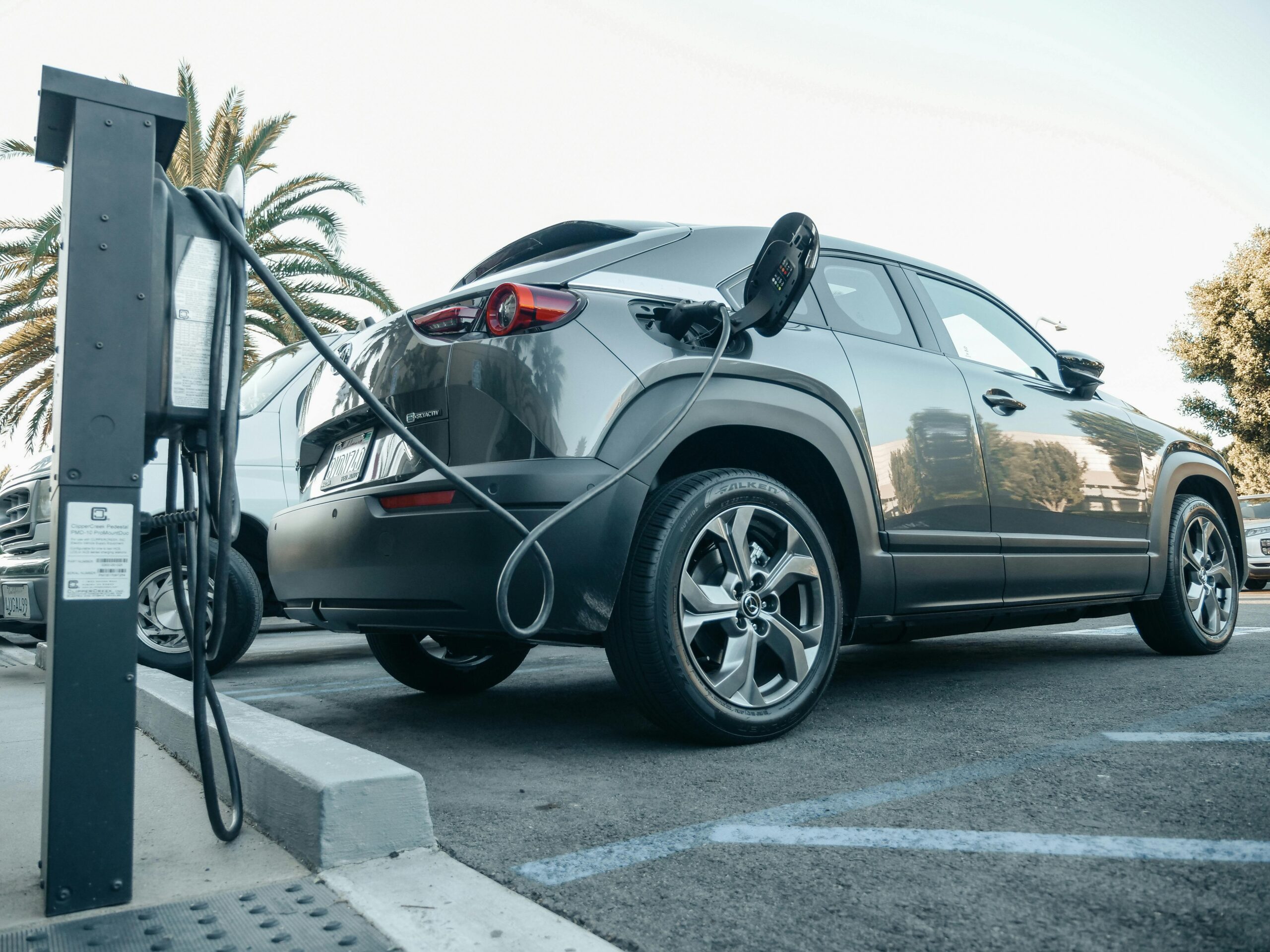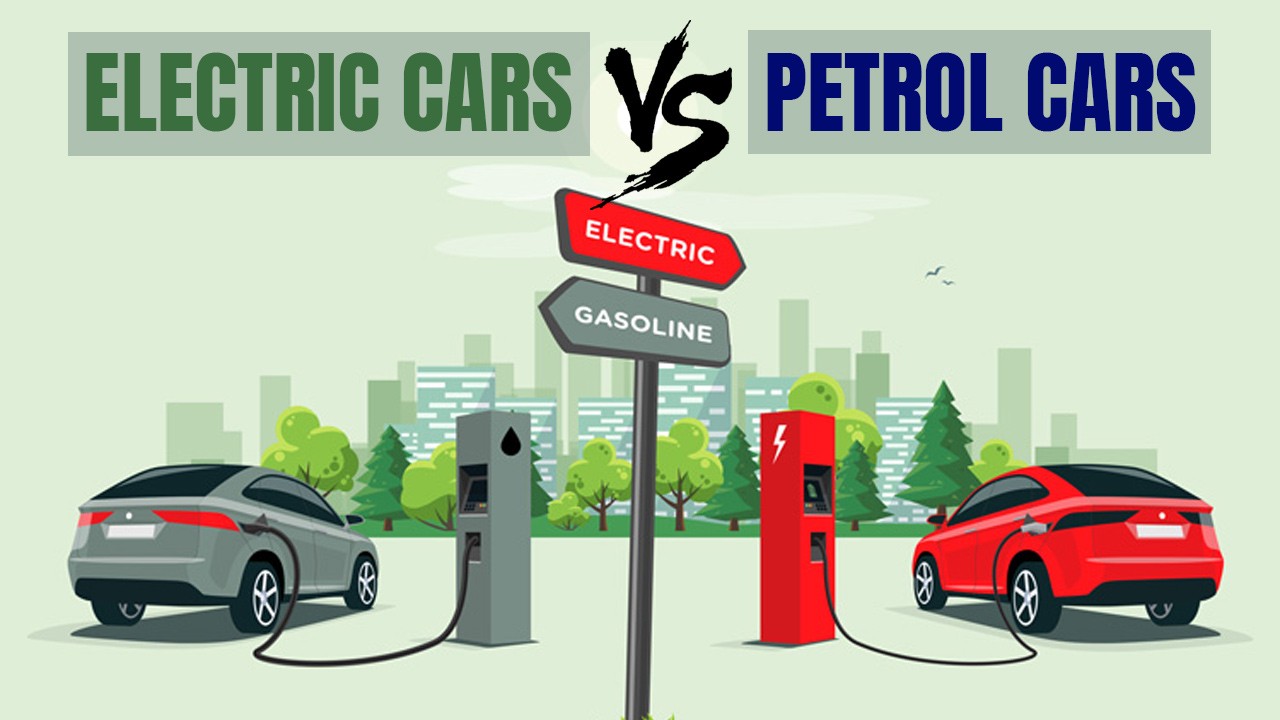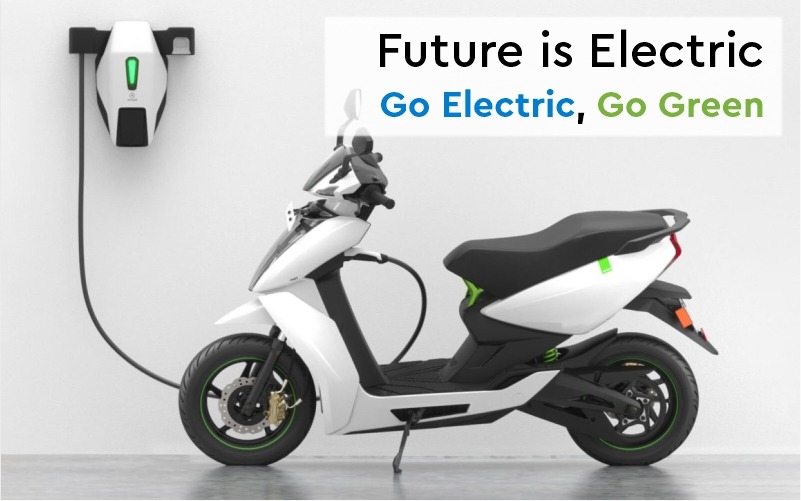
Short Story of Self Experience of EV
I was a sceptic of electric vehicles (EVs) until I met Ravi, my college friend. He had bought a Mahindra e2o, and he invited me to take a ride with him. I agreed, out of curiosity and courtesy.
As soon as I got into the car, I was surprised by how spacious and comfortable it was. It had a touchscreen dashboard, a digital speedometer, and a rear-view camera. Ravi started the car, and I did not hear any engine noise. He said that the car was silent and smooth and that it had no clutch or gear. that i am curious about future of electric vehicle in India.
He drove me around the city, and I was amazed by how fast and agile the car was. It could accelerate quickly, and it could maneuver easily in the traffic. Ravi said that the car had a range of 120 km on a single charge and that it cost him only Rs 0.5 per km to run. He also said that he got a subsidy from the government and that he saved a lot on maintenance and taxes.
If you want to know about Zapier Alternatives then must read this blog.
He took me to a nearby mall, where he showed me the charging station. He said that he could charge his car in an hour and that he could also use his smartphone to monitor and control his car. He said that he loved his car, and that he felt good about driving an eco-friendly vehicle.
I was impressed by his car, and I thanked him for the ride. I realized that I had been wrong about EVs and that they were not boring or impractical. They were fun and convenient, and they were the future of transportation in India. I decided to buy an EV myself and to join the EV revolution.
Now come to the main topic –
Future of electric vehicle in India
Did you know that India is expected to have the world’s largest population of electric vehicles (EVs) by 2030, with over 200 million EVs on the road? That’s more than the combined number of EVs in China, the US, and Europe! This is not just a prediction, but a reality that is already happening. India is witnessing a rapid and remarkable transformation in its transportation sector, thanks to the rise of EVs.
But what are EVs, and how do they work? EVs are vehicles that run on electricity, instead of petrol or diesel. They have an electric motor, a battery, and a controller that regulate the power and speed. EVs can be charged from various sources, such as the grid, solar panels, or even regenerative braking. EVs have many advantages over conventional vehicles, such as lower emissions, higher efficiency, and lower maintenance costs. that i am curious about future of electric vehicle in India.
In this blog post, I will argue that EVs are the future of transportation in India, and explain why they are superior to conventional vehicles in terms of performance, cost, and sustainability. I will also share my personal experience of owning and driving an EV in India, and how it changed my perspective and attitude towards EVs. I hope that by reading this post, you will be inspired to join the EV revolution, and to make a positive impact on the environment and the economy.
Performance: EVs are faster, smoother, and smarter than conventional vehicles

One of the main reasons why EVs are the future of transportation in India is their superior performance compared to conventional vehicles. EVs have several advantages that make them faster, smoother, and smarter than their fossil fuel-powered counterparts.
- EVs have instant torque, which means they can accelerate quickly and smoothly, without any lag or noise. This makes them ideal for urban driving, where frequent stops and starts are required. EVs can also reach high speeds, as demonstrated by Tesla’s Model S, which can go from 0 to 100 km/h in just 2.5 seconds.
- EVs have fewer moving parts, which means they require less maintenance and repairs. They do not need oil changes, spark plugs, filters, or belts, which can save owners time and money. EVs also have longer lifespans, as their batteries can last for up to 10 years or more, depending on the usage and charging habits. that i am curious about future of electric vehicle in India.
- EVs have smart features, which make them more convenient and comfortable to drive. EVs can be connected to the internet, which allows them to receive software updates, access navigation systems, stream music, and communicate with other devices. EVs can also have advanced safety features, such as collision avoidance, lane departure warning, and blind spot detection, which can reduce the risk of accidents and injuries.
These performance benefits make EVs more appealing and enjoyable to drive than conventional vehicles, and also more efficient and reliable. EVs can offer a better driving experience, which can increase customer satisfaction and loyalty. that i am curious about future of electric vehicle in India.
Cost: EVs are cheaper to own and operate than conventional vehicles

Another reason why EVs are the future of transportation in India is their lower cost of ownership and operation compared to conventional vehicles. EVs have several advantages that make them cheaper to buy and run than their fossil fuel-powered counterparts.
- EVs have lower fuel costs, as electricity is cheaper than petrol or diesel. According to a study by the Centre for Science and Environment, the average cost of running an EV in India is Rs 0.7 per km, compared to Rs 6.4 per km for a petrol car and Rs 4.8 per km for a diesel car. This means that EV owners can save up to 90% on fuel expenses over the lifetime of the vehicle.
- EVs have lower tax and subsidy costs, as the government offers various incentives and benefits for EV adoption. The government has reduced the GST rate on EVs from 12% to 5%, and has also waived off the road tax and registration fees for EVs. The government has also launched the FAME scheme, which provides subsidies for EV buyers, ranging from Rs 10,000 to Rs 1.5 lakh, depending on the type and size of the vehicle.
- EVs have lower depreciation costs, as they retain their value better than conventional vehicles. EVs do not suffer from the same wear and tear as conventional vehicles, and their batteries can be recycled or reused for other purposes. EVs also have a higher resale value, as the demand for EVs is expected to increase in the future, especially as the government plans to phase out conventional vehicles by 2030.
These cost benefits make EVs more affordable and profitable to own and operate than conventional vehicles, and also more environmentally and socially responsible. EVs can offer a better economic value, which can increase customer adoption and retention. that i am curious about future of electric vehicle in India.
Sustainability: EVs are cleaner and greener than conventional vehicles

The third and most important reason why EVs are the future of transportation in India is their higher sustainability compared to conventional vehicles. EVs have several advantages that make them cleaner and greener than their fossil fuel-powered counterparts. that i am curious about future of electric vehicle in India.
- EVs have zero tailpipe emissions, which means they do not emit any harmful pollutants or greenhouse gases during operation. This can reduce the impact of vehicular emissions on air quality, climate change, and public health. According to a study by the International Council on Clean Transportation, EVs can reduce CO2 emissions by 37% compared to petrol cars and 51% compared to diesel cars in India.
- EVs have lower lifecycle emissions, which means they have a lower carbon footprint throughout their production, use, and disposal. This can reduce the impact of vehicular emissions on the environment and natural resources. According to a study by the International Energy Agency, EVs can reduce lifecycle emissions by 50% compared to conventional vehicles, if powered by renewable energy sources. future of electric vehicle in India
- EVs have higher energy efficiency, which means they use less energy to perform the same function as conventional vehicles. This can reduce the impact of vehicular energy consumption on the energy security and diversity of the country. According to a study by the Ministry of Power, EVs can reduce the energy demand of the transport sector by 64% by 2030, and increase the share of renewable energy in the electricity mix by 11%. that i am curious about future of electric vehicle in India.
These sustainability benefits make EVs more eco-friendly and socially beneficial than conventional vehicles, and also more aligned with the national and global goals of reducing emissions and increasing renewables. EVs can offer a better environmental impact, which can increase customer awareness and preference.
Conclusion
In this blog post, I have argued that EVs are the future of transportation in India, and explained why they are superior to conventional vehicles in terms of performance, cost, and sustainability. I have also shared my personal experience of owning and driving an EV in India, and how it changed my perspective and attitude towards EVs.
EVs are not just vehicles, but vehicles of change. They have the potential to transform the transportation sector, the energy sector, and the environment of India. They can also improve the quality of life, the health, and the wealth of the people of India. EVs are the best choice for India, and for the world.
If you are interested in EVs, or if you already own one, I urge you to spread the word and share your experience with others. You can also support the government’s policies and initiatives to promote EV adoption in India, such as the FAME scheme, the National Electric Mobility Mission Plan, and the National E-Mobility Programme. You can also join the EV community, and participate in events, forums, and campaigns that celebrate and advocate for EVs.
The future of electric vehicles in India is bright, and it is in your hands. You can be part of the EV revolution, and make a difference.
As Mahatma Gandhi said, “Be the change that you wish to see in the world.”
Thank you for reading this blog post, and I hope you enjoyed it. If you have any questions, comments, or feedback, please feel free to leave them below. I would love to hear from you. And if you liked this post, please share it with your friends and family, and follow me for more updates on EVs and other topics.



